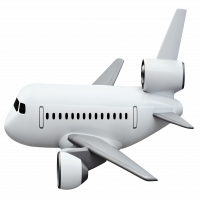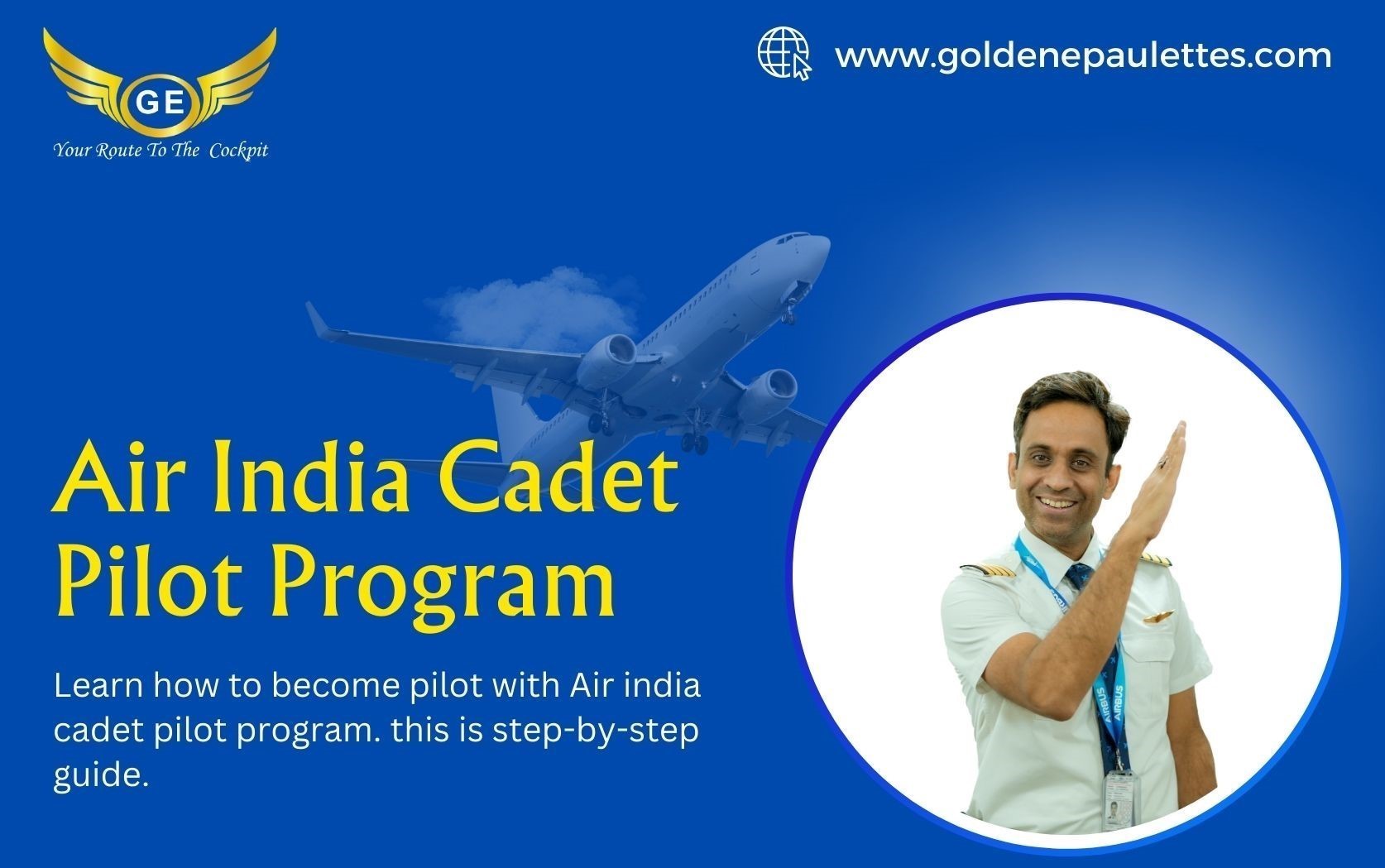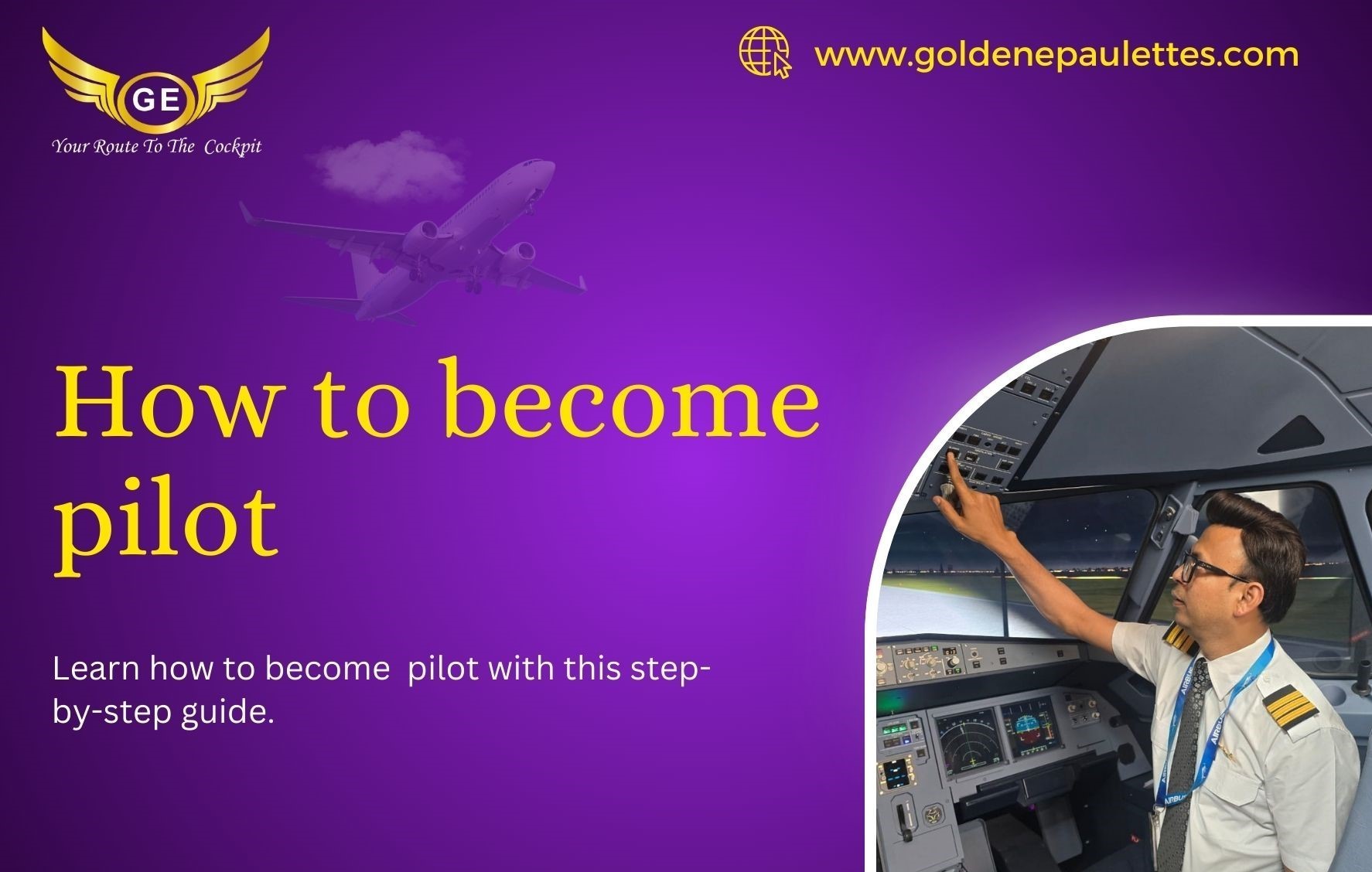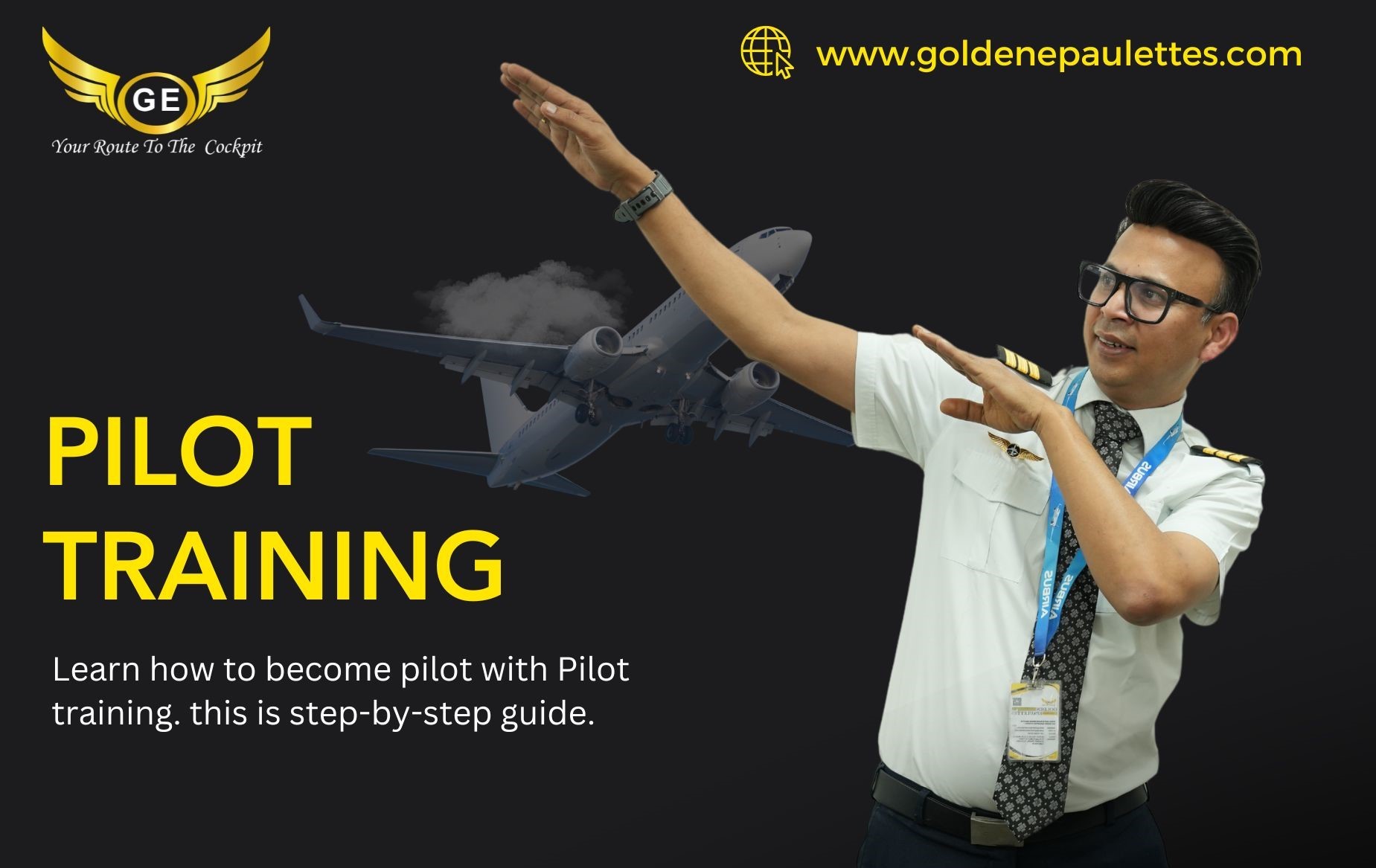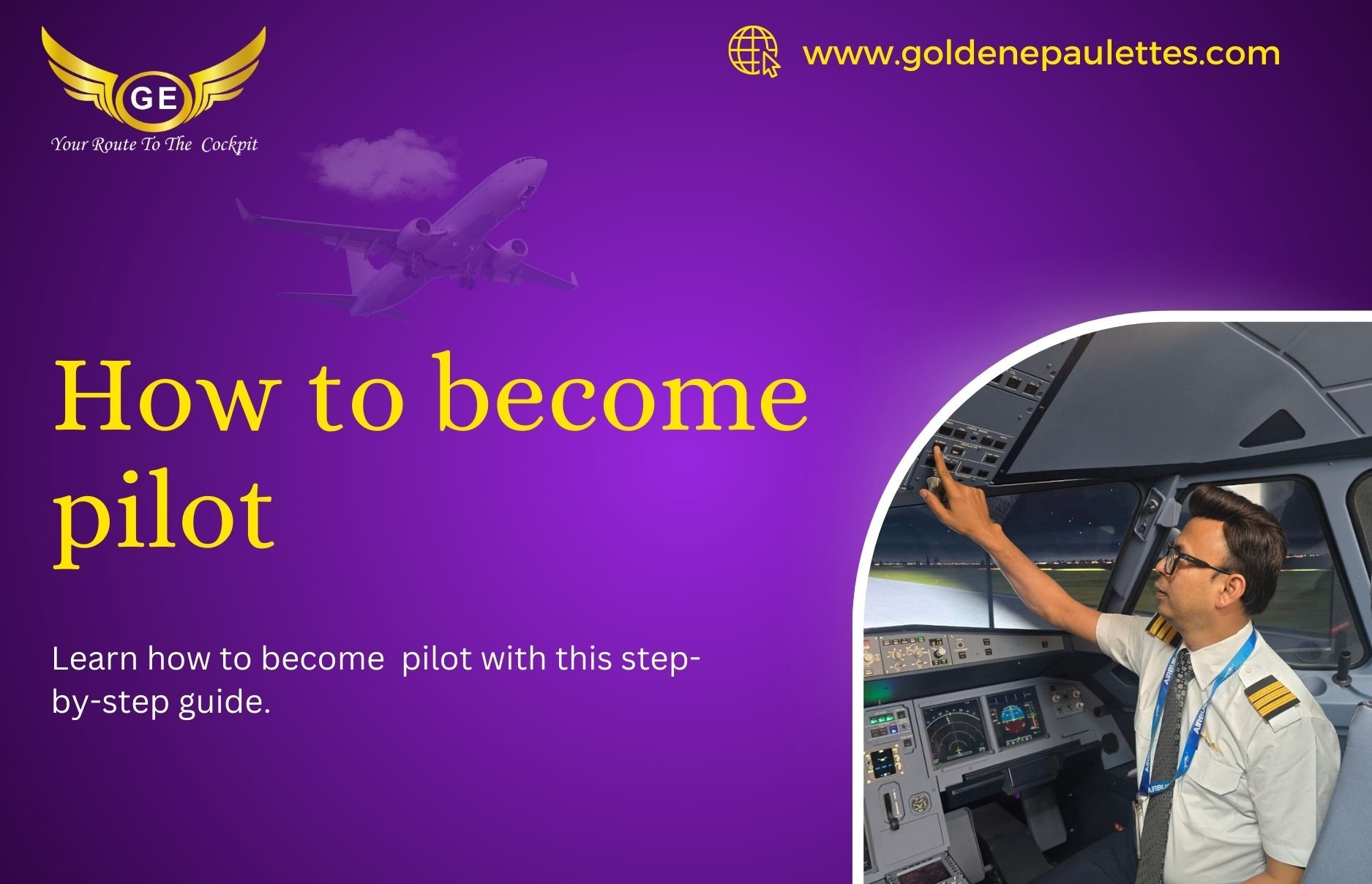Soft skills that every pilot must develop during training
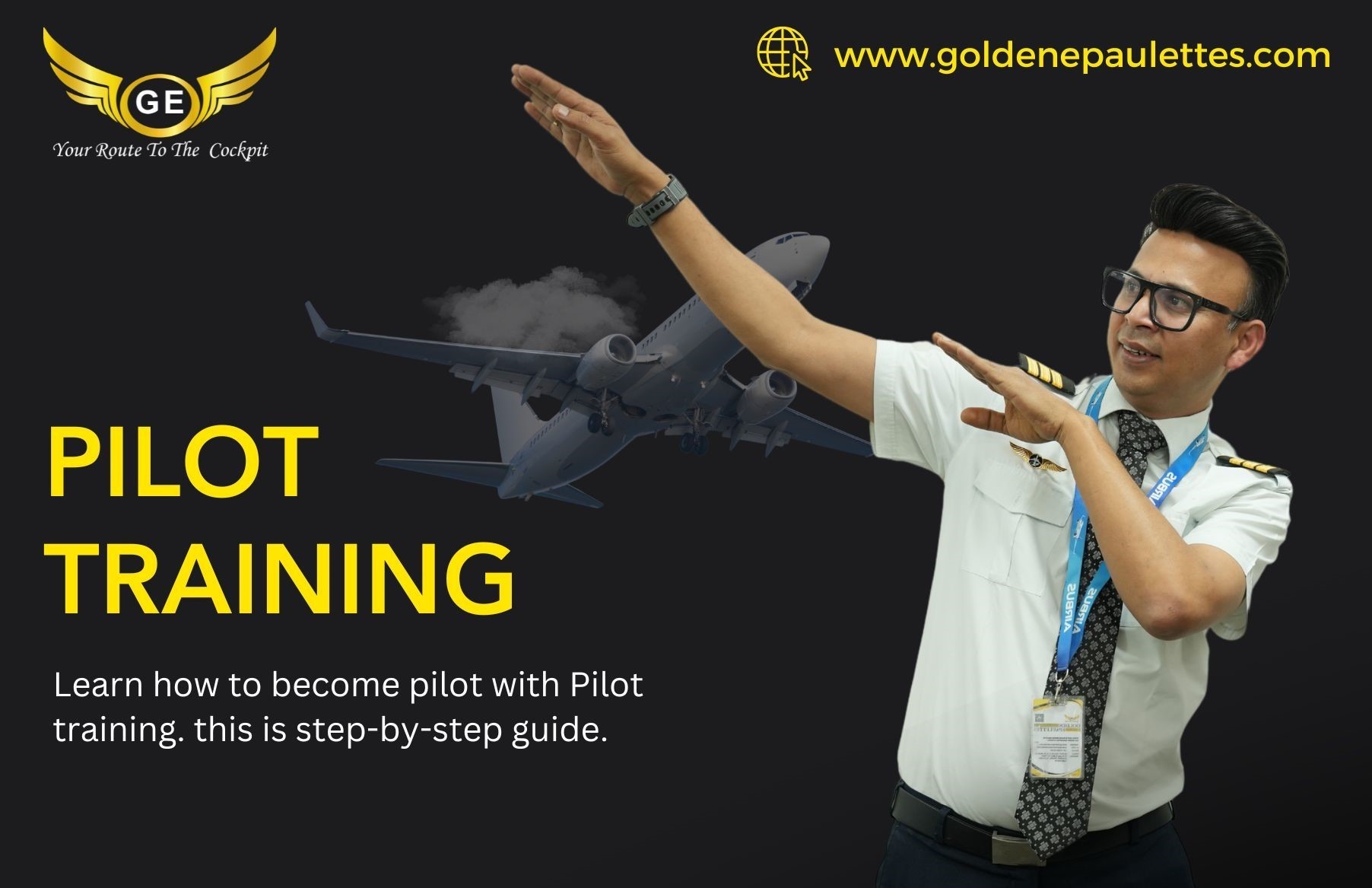
Strong 8k brings an ultra-HD IPTV experience to your living room and your pocket.
Introduction: More than just flying skills
Becoming a pilot requires more than mastering aircraft systems and handling flight controls. A successful aviator also needs a strong set of soft skills to work efficiently in high-pressure environments, communicate clearly, and lead with confidence. That's why the best pilot training programs focus not only on technical expertise but also on building well-rounded professionals through personality development and interpersonal training.
Whether you're flying solo or working as part of a commercial crew, your soft skills directly influence safety, teamwork, and efficiency. These skills form the bridge between knowledge and execution—and they often make the biggest difference in the cockpit.
Communication: Clear and confident interaction
Effective communication is the backbone of aviation. Pilots must interact constantly with air traffic control (ATC), co-pilots, cabin crew, and ground operations. This includes using precise phraseology, giving timely updates, and remaining calm even in stressful situations.
During pilot training, cadets are trained in radio telephony and cockpit communication practices. These sessions help build clarity, confidence, and brevity—all essential for avoiding misunderstandings and ensuring flight safety. Strong communication also helps in managing passengers and resolving unexpected issues.
Decision-making and situational awareness
Pilots are required to make quick, sound decisions with limited information. Whether it’s choosing an alternate route due to weather or handling a system failure mid-air, a pilot’s ability to think critically and stay composed is vital.
Through simulated scenarios and real-time practice, pilot training institutes teach students how to assess risks, evaluate options, and choose the safest course of action. This improves judgment and enhances situational awareness—two skills that directly impact the outcome of every flight.
Teamwork and leadership
Modern aviation is built around a crew-based model. Even as a First Officer, you're expected to support the captain and manage specific responsibilities. As a captain, you're leading not just the flight, but a team of crew members and often dozens or hundreds of passengers.
Pilot training environments mimic this structure through cockpit coordination exercises, role-plays, and decision-sharing tasks. Students learn how to lead, support, and collaborate effectively. A good pilot training program emphasizes leadership as much as technical skills.
Adaptability and stress management
No two flights are the same. Conditions change, equipment fails, and plans shift. Pilots must remain flexible and composed regardless of external pressure. This mental resilience is a key trait developed during training.
Trainees are placed in unpredictable simulated environments to test how they respond to surprises. These experiences teach them to stay focused, manage stress, and solve problems without panic—crucial for real-world aviation where seconds count.
Attention to detail
Whether reading weather updates, cross-checking fuel calculations, or responding to ATC instructions, aviation demands extreme precision. One small oversight can lead to delays, safety risks, or regulatory violations.
That's why students are trained to follow procedures strictly, use checklists properly, and maintain accuracy in everything from flight logs to radio calls. By reinforcing this habit early, pilot training builds professionals who pay attention to the smallest details—an essential quality in the air.
Professionalism and discipline
Aviation operates on punctuality, discipline, and ethical behavior. From wearing the uniform to respecting reporting times and maintaining personal grooming, pilots are expected to present themselves with professionalism.
Reputed training academies emphasize this culture from day one. Students are evaluated on behavior, attitude, and consistency—not just flying ability. This prepares them for the expectations of airline life and corporate flying, where discipline defines a pilot's reputation.
Final thoughts
While technical training teaches how to fly an aircraft, soft skills ensure you do it safely, confidently, and collaboratively. These qualities aren’t just bonus traits—they’re essential for long-term success in aviation.
If you aspire to be a complete pilot, choose a pilot training program that integrates soft skill development into every stage of your learning. Because in the sky, it’s not just what you know—it’s how you apply it that makes the difference.
Note: IndiBlogHub features both user-submitted and editorial content. We do not verify third-party contributions. Read our Disclaimer and Privacy Policyfor details.

